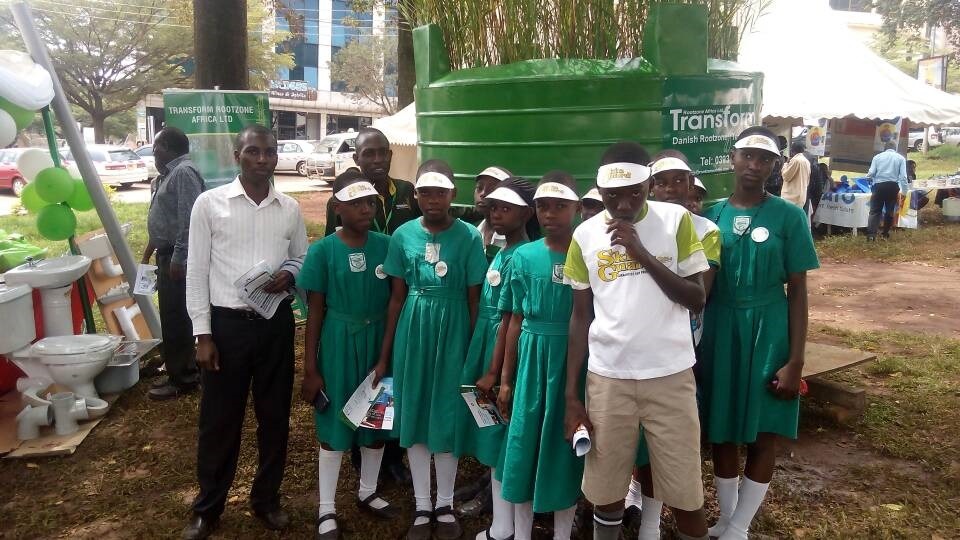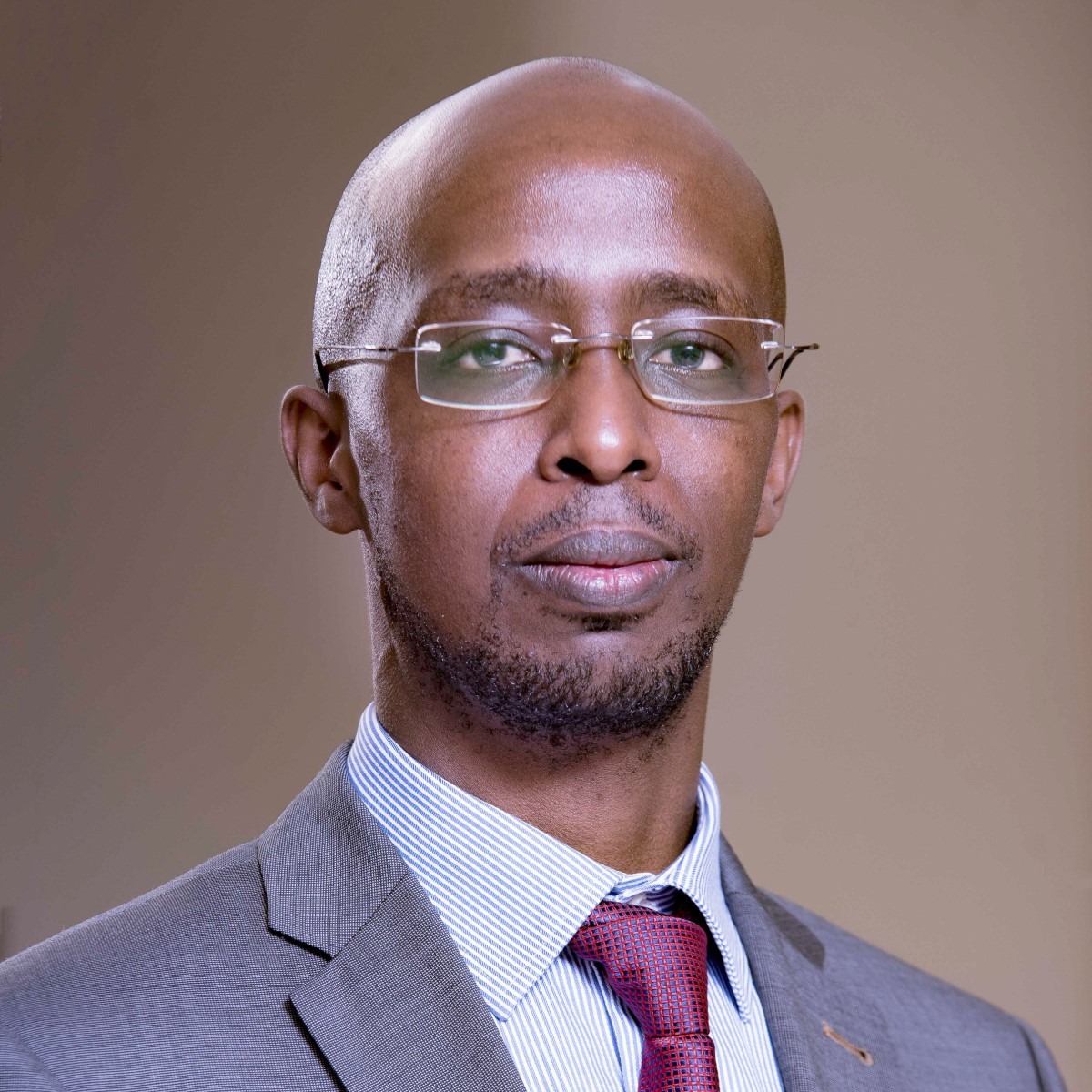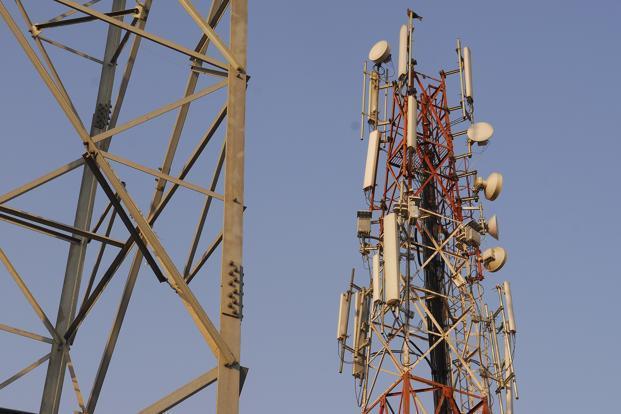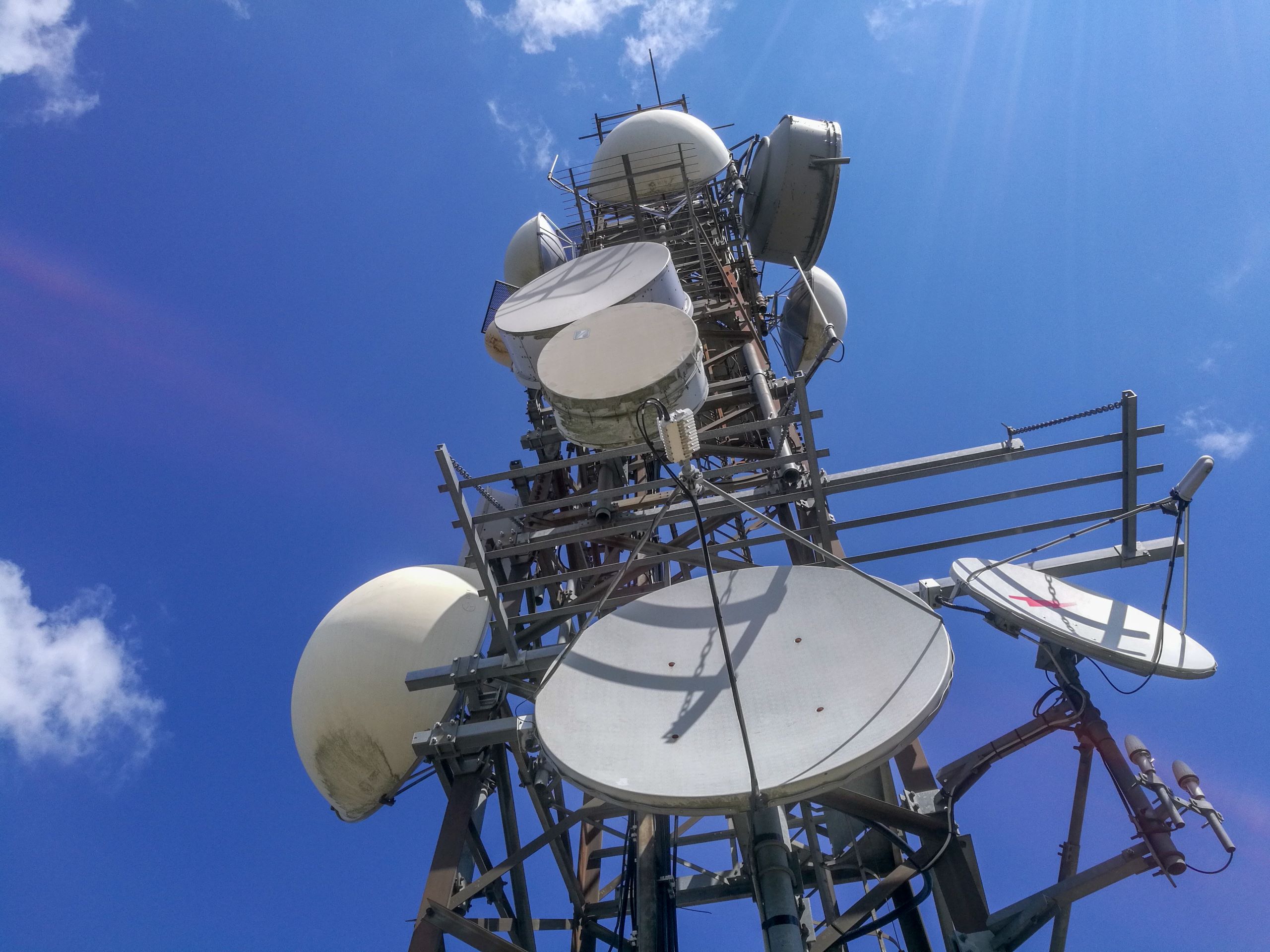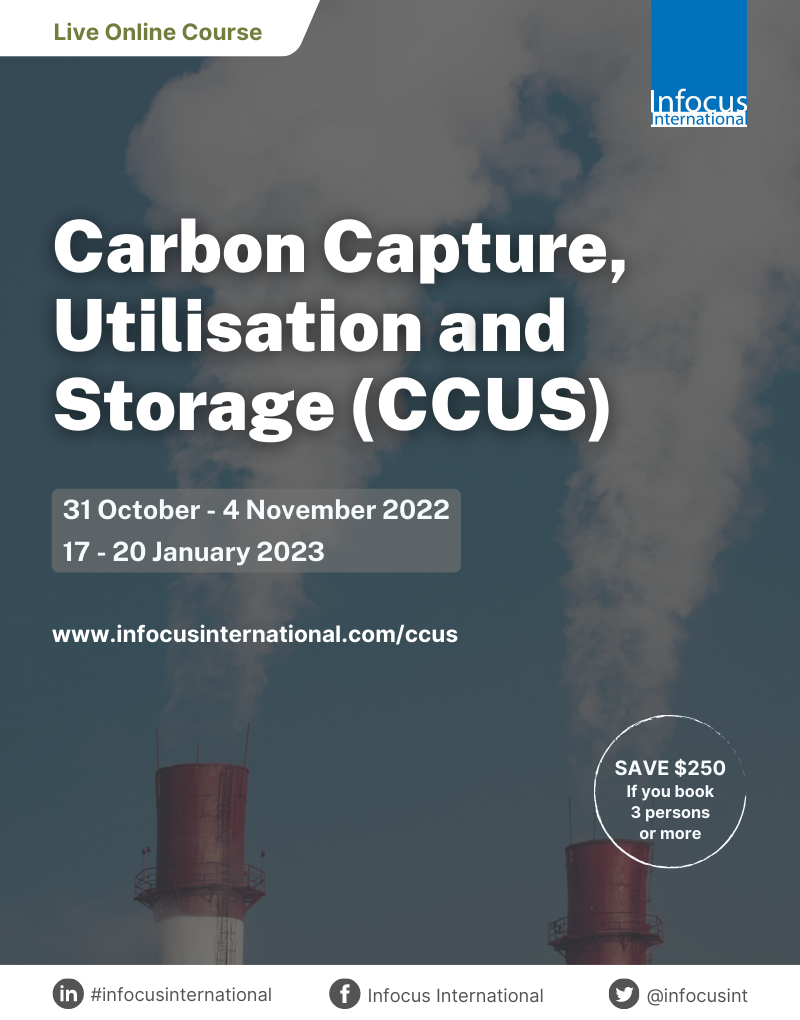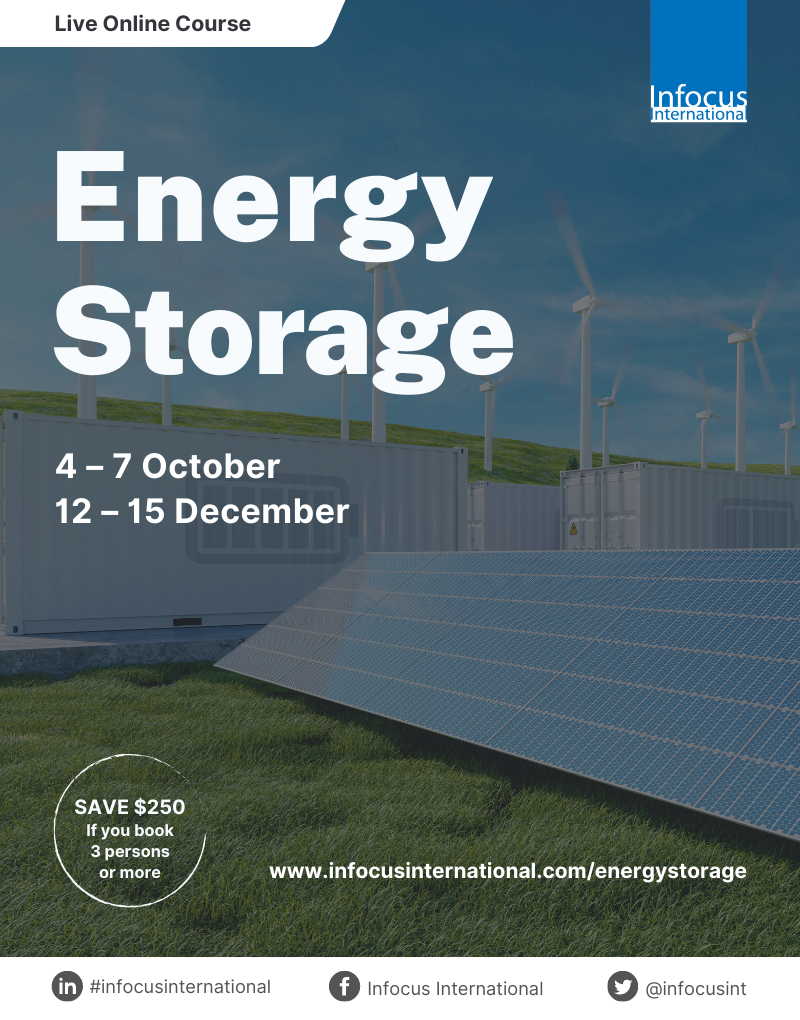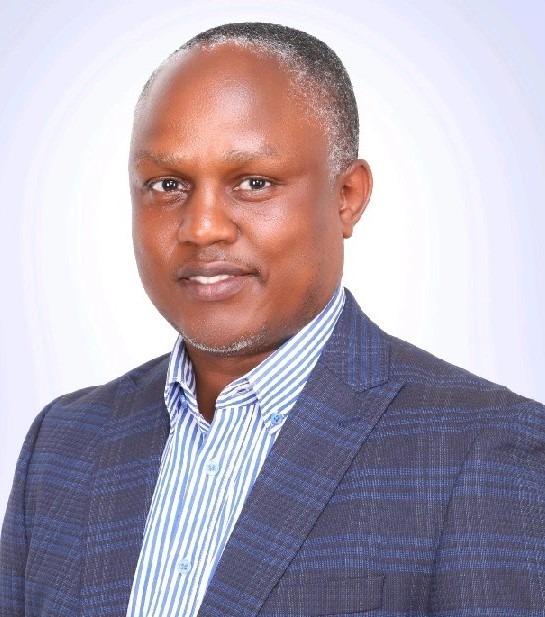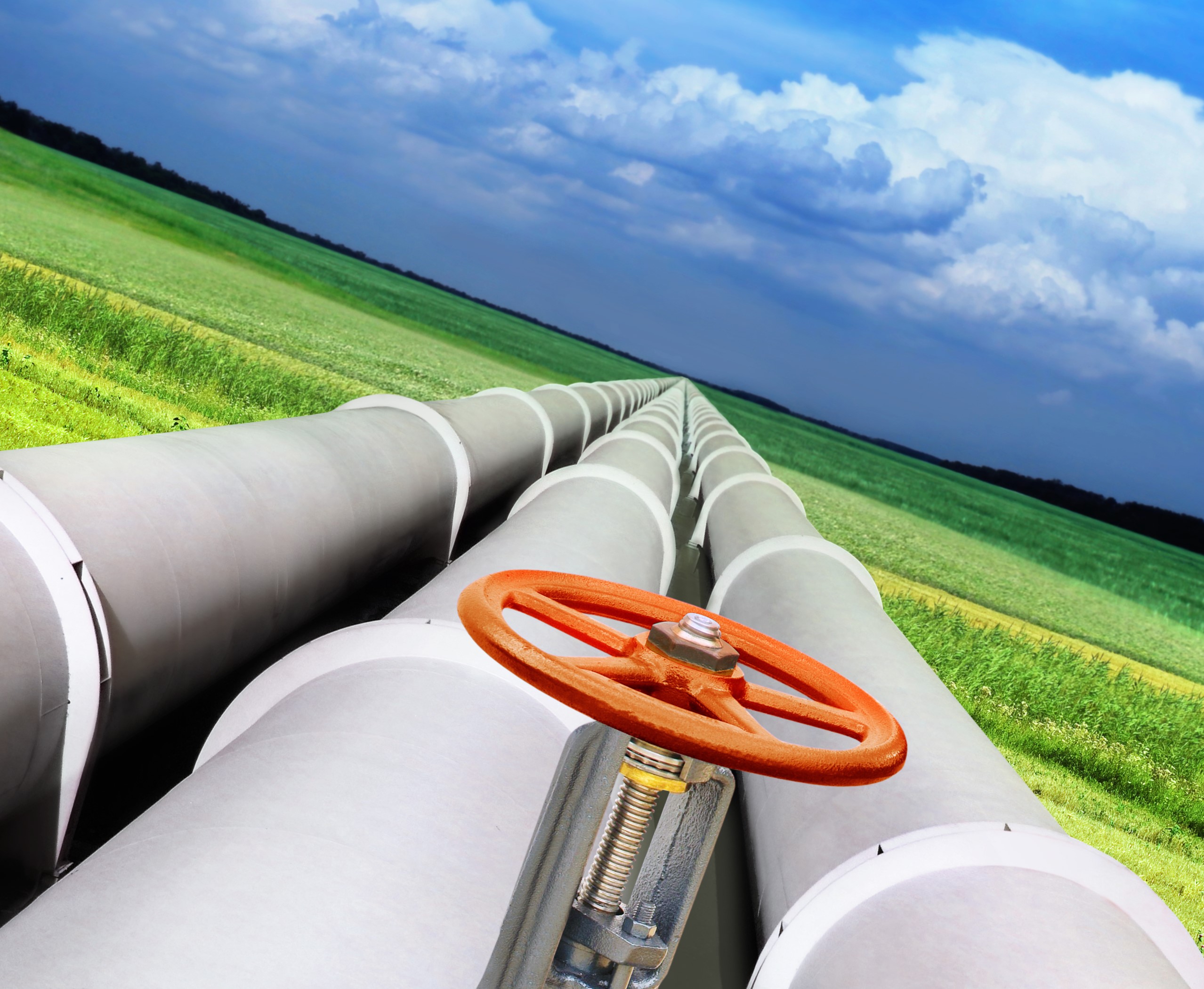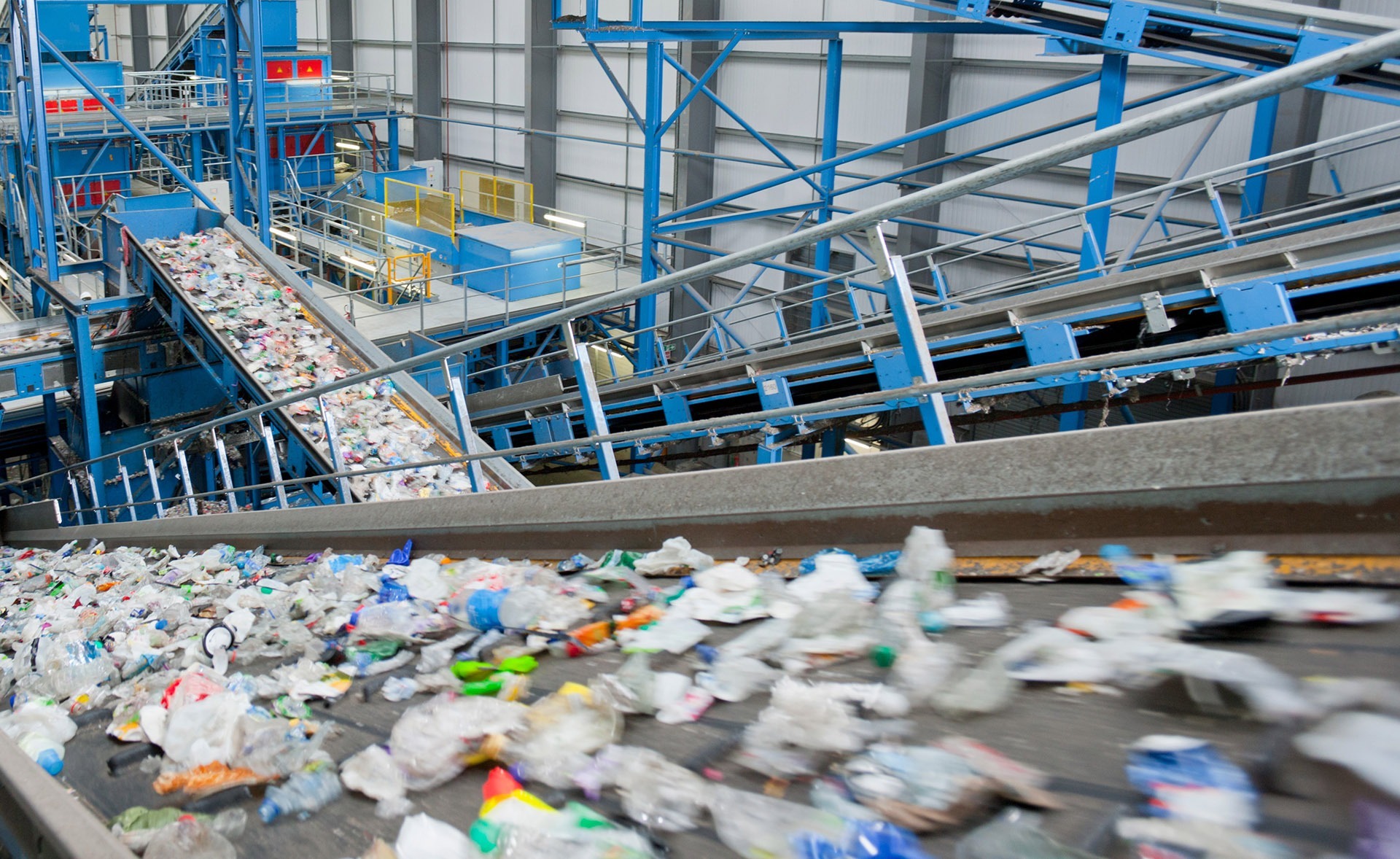In a milieu where stakeholders are acutely conscious of the need for environmental protection- and where compliance to standards is indispensable, management of industrial effluent is every factory manager’s nightmare. Bad effluent management practices can be costly to a company. Pollution and destruction of the environment from a firm’s activities, can lead to reputational damage thereby compromising good corporate citizenship that every company seeks to achieve. A company with bad effluent management practices risks paying a lot in fines and damages, let alone- in the worst case scenario- getting shut down by authorities.
It is for that reason that innovations such as Rootzone technology are a welcome and timely development for both industrial and domestic management of effluent. The Rootzone technology developed by Transform Aps of Denmark is a natural bio – technology for treatment of sludge and waste water. The technology involves manipulating and controlling nature to optimize natural conditions and functions for treatment of sludge and waste water.
Root zone technology is a natural method of treating and cleaning industrial and domestic waste water by use of a unique environmental root zone system. The technology has been used in different industries, including in oil-and petrochemical sector, mining, sewage and sludge, among others.
Rootzone Africa (TransForm af 1994 ApS) is a consulting company specialised in environmental engineering. The company consist of the old company Danish Rootzone Technique started in 1984 and TransForm af 1994 ApS, started in 1995- both by a Dane, Jorgen Logstrup. TransForm af 1994 ApS (Rootzone Africa) majors in developing, designing, supervising and deploying natural systems for water, air and waste treatment and in urban ecology. Bacess, a partner of Transform produces, markets and sells patented air treatment systems. Patent EP 1356239B1 is in Jorgen Logstrups name and is recognised in Europe, USA, Canada, China, South Korea, Japan and Australia.
The root zone method was developed way back in the 1950’s and improved in the following years. The technology is based on the fact that certain soil types have a high adsorption capacity of phosphorous. The root zone/filter plant is a biological filter, where the biological treatment of waste water takes place in a soil volume, which is penetrated by roots. The root network is composed of suitable plant species. The technology is even more beneficial if the optimum varieties of these species are selected. This structure implies that the waste water flows horizontally through the soil mass. However, also vertical flows are a part of the process.
The technology allows reeds to grow and filter the water and uptake the carbon dioxide naturally with the help of other filtering mediums, microbiology organisms and oil absorbents in a water plant hence excessive carbon emissions into the atmosphere is more or less eliminated. The technology system uses reed beds which are planted in skips. The waste water is then fed into the reed bed and it penetrates through organic pollutants broken down by micro-organisms in the root systems of the reeds. Heavy metals are then fixed as insert crystalline substances in the substrate and held within the container as the clean water drains a way ready for reuse.
The technology can take a period of 20 years in operation as long as there is good operation and maintenance on the plant. The duration however, depends on the thickness of waste water being recycled in the plant.
James Mawa, a water engineer at Rootzone Africa told The Infrastructure Magazine that their technology uses biological energy with no or minimal electricity depending on the needs and location of the plant. The system is cost effective to operate and maintain, and is environmentally friendly with no use of chemicals involved, as it relies on natural methods and eco-neutralization by photosynthesis.
Mawa said that for the technology to stay longer without requiring major servicing, the user agency must ensure a less thick mud which defines the speed in which the biological organisms mineralize and in which the micro organisms will break down the waste water hence forming reusable water.
“If the waste water is less viscous, the technology can run up to the minimum of 20 years without major servicing,” he said.
The company which has received various recognitions from the European Union offers a variety of services ranging from technical advisory to supervision, maintenance and redesigning the technology to suite the future demands of the client.
With Root zone technology, local labor and local raw materials are used in the construction and installation of the water plant. The most important aspect of the technology is that the local raw materials are readily available, and more cost effectively. The technology comes with a solution to solid waste with high recovery of water for reuse hence reducing on the utility bills.
Whatsmore, the technology can be used in different scales for different purposes. Farmers, industrialists among others, will find this innovative technology necessary, in order to cut their costs of operations. This is because the technology caters for everyone in terms of the cost. Depending on the amount of waste water discharged by an entity, a waste water treatment plant can cost from a minimum of Shs 13 million. This is for the treatment volume of 3,000 to 10,000 liters of waste water per day.
The good side of this technology is that it provides its clients with good customer care including those who may not be having ready money to purchase the plant. “Entities who would like to save on water consumption and at the same time have an environment friendly process but are unable to buy right away, can rent the treatment plant at an affordable price”.
Rogers Waiswa, a sales agent, told this Magazine that the cost of hire depends on the size of the waste water plant which one is intending to rent, each according to their needs. Even more important is that the plant is moveable and can be relocated to any site on the client’s wish.
, Root zone technology processes the sludge produced by wastewater treatment by breaking it into useful organic matter and nutrients for other uses like agriculture.
Established in 1994, the Rootzone technology has been put to use in many countries across different continents. In Africa, the technology has been used in Zambia, Zimbabwe and Uganda.
In Uganda, the Kasese Cobalt Company deployed the technology to clean up the sludge from the Kilembe Copper Mines in 2004.




